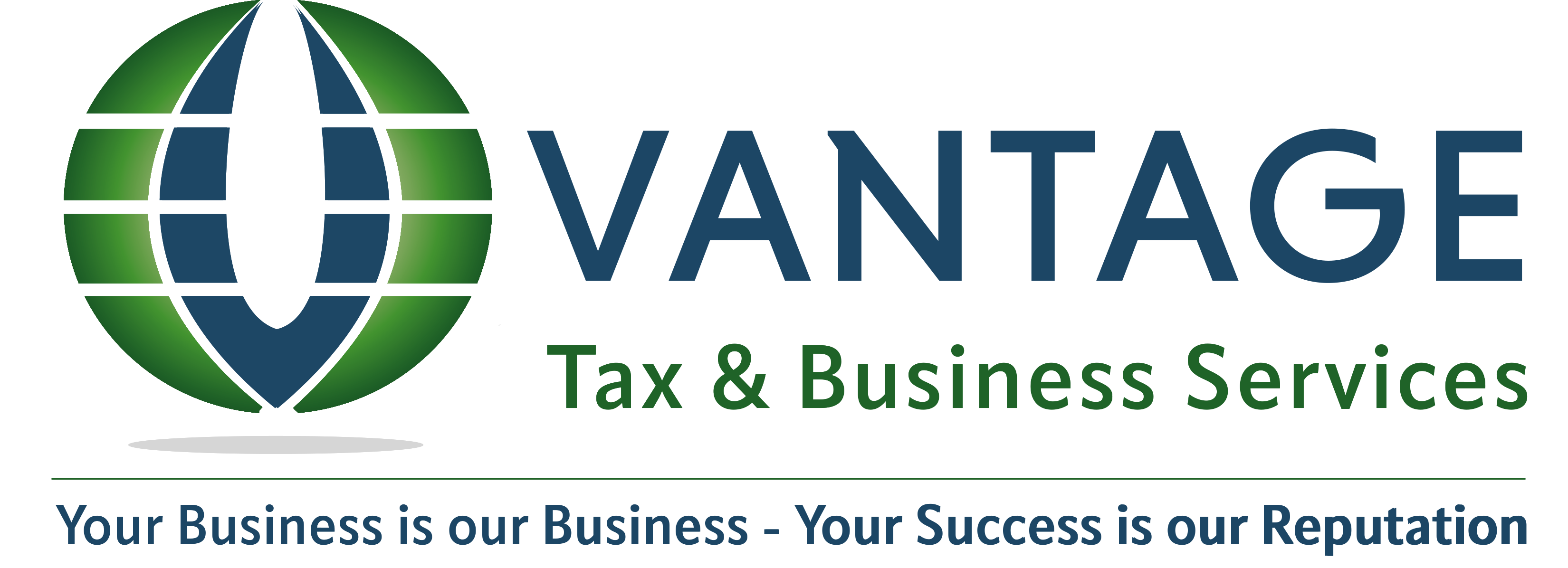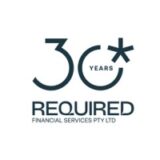Finance & Negative Gearing StrategiesNegative Gearing Strategies for
Maximum Tax Advantages
A negatively geared investment basically means that the expenses associated with owning the investment exceed the income being received. So basically you make a loss, which you are able to deduct from your other income, such as salary or business profit, thereby reducing your tax.
The investment could be shares or property, but is most commonly the latter. As an example, take a property that has rental income of $ 20,000, rental expenses of $ 30,000 and generates an overall loss of $ 10,000. The loss of $ 10000 will save you a sum of tax depending on your tax bracket, so savings between 19% and 49%. As an average – $ 3,400 will be saved.

At this point, you have lost $ 10,000, and only saved say $ 3,400. You are worse off $ 6,600.
So you need the property’s value to grow in order to reverse the yearly losses.
One element often overlooked by investors is, from a purely tax perspective, who should own the property in a husband & wife scenario. Normally, we select the higher income earner, rather than opt for 50/50 ownership, as the tax savings are greater. However, more thought needs to be put into that, as other matters to consider are:
- Will the higher income earner stop work in the near term?
- Will the lower income earner return to work soon or have an increased income?
- Will you move into the property at some stage?
- When will the property be sold?
The above is crucial as you can make the wrong decision by focusing on the present, but not the future.
Ask us about the benefits of negative gearing.
Home, Investment & Business Loans
There are only a handful of banks in Australia but within each bank is a loan officer, each with a varying opinion on how to structure your loan. Our experience tells us that even the simplest home loan should involve a 5-minute call to the accountant.
Why?
If that home you are acquiring will one day be a rental property, what do you do now to ensure you maximise your tax benefits down the track? A 5-minute call could save you tens of thousands of dollars in tax down the track, or a loan that is not deductible as a result of your actions.
At Vantage, we have helped a lot of clients with their loan structuring. The advice centres on matters such as:
- The interest rate and its competitiveness
- Upfront and ongoing fees
- Fixing the interest rate and the pros & cons of that strategy
- Opting for a variable rate and the pros & cons of that strategy
- Pros & cons of opting for interest only or a principal & interest loan
- Negotiating with the bank for a better rate before choosing to refinance
- Refinancing options and doing a cost benefit analysis on the exercise
- The tax effectiveness of the loan now and in the future
- The use of offset accounts
Equipment & Vehicle Financing
At Vantage, we have developed key contacts that can provide our clients with competitive quotes on vehicle and equipment finance. In addition to that, our accountants can explain the different finance options available, such as a lease, hire purchase. They can also guide you on the pros and cons of having residual balances on such facilities.
Additional finance and gearing strategy services we offer our clients include, but are not limited to:
- Debt recycling for tax effectiveness
- Business financing
- Equipment and vehicle financing
- Debt management and consolidation
With our extensive knowledge and expertise, we can help you with finance and negative gearing strategies. Arrange your free no obligation meeting.
Call (03) 9859 8555
Trusted by many people





